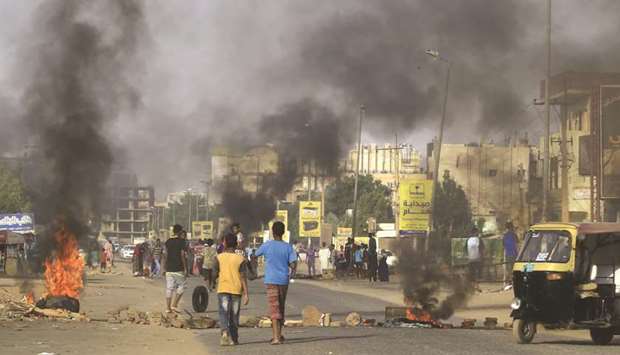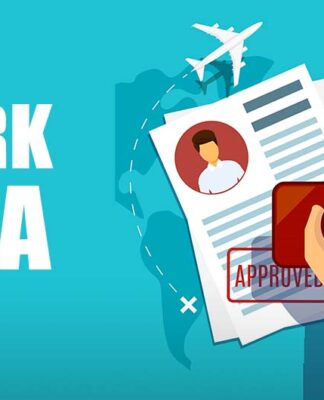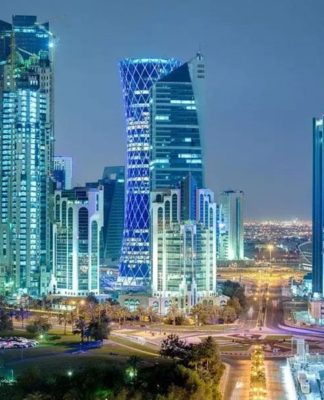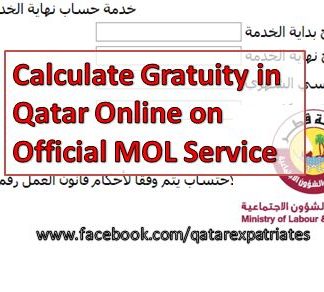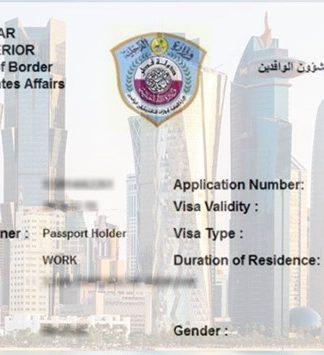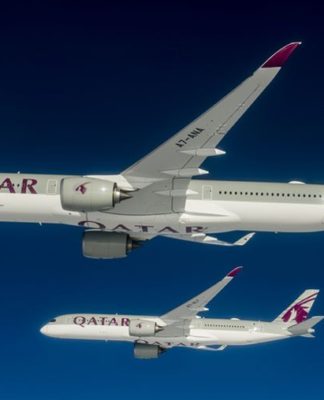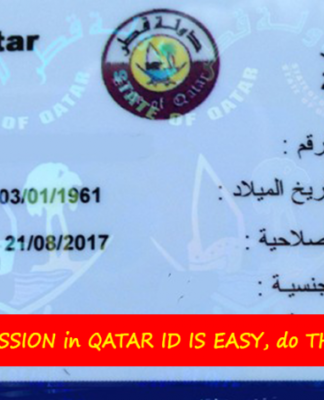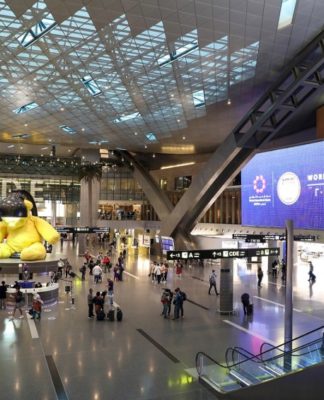Sudanese police fired teargas yesterday at scores of protesters demanding an independent probe into a deadly June raid on a Khartoum sit-in, despite an investigation identifying eight officers it said were involved.
The joint probe by prosecutors and Sudan’s ruling military council showed that security forces, including a general from the feared paramilitary Rapid Support Forces, took part in the June 3 raid on the protest camp – despite having no orders from their superiors to do so.
The eight accused officers face charges of crimes against humanity, chief investigator Fatah al-Rahman Saeed told reporters on Saturday. But protest leaders rejected the findings of the investigation, saying it exonerated the military council and gave a far lower death toll than their own figures.
Doctors linked to the protest movement say the June 3 raid left 127 people dead and scores wounded.
Saeed said investigators found that just 17 people were killed on June 3, while a total of 87 died between that day and June 10.
The Sudanese Professionals Association, the key protest group which first spearheaded the campaign against now ousted leader Omar al-Bashir, rejected the probe.
Saeed’s inquiry “was commissioned by the military council, this is challenging its integrity as the military council itself is accused in this case,” it said.
Yesterday, scores of protesters chanting the months-long protest movement’s catchcry of “Freedom, peace, justice!” rallied in Khartoum’s eastern Burri district, witnesses said, adding that riot police swiftly dispersed the crowd with tear gas.
Some protesters threw stones at the police, the witnesses said.
The country’s ruling generals have insisted they did not order the dispersal of the sit-in, which protesters had set up on April 6 to demand the army’s support in toppling Bashir.
Bashir was ousted on April 11, but protesters stayed at the protest camp to demand that the military council which replaced him cede power to civilians.
General Mohamed Hamdan Daglo, who heads the RSF and is also the ruling military council’s deputy chief, has consistently denied that his men were involved in the crackdown, which triggered international outrage.
But Saeed said an RSF general had ordered a colonel to disperse the sit-in as a separate security force was clearing a nearby area known as Colombia.
“They led the forces inside the sit-in area and ordered them to get down from their vehicles and whip the protesters,” Saeed said.
In other developments, Sudanese and South Sudanese officials agreed late on Saturday with the leader of an alliance of armed factions operating along their joint border to extend a ceasefire and grant humanitarian access to some areas affected by conflict in Sudan.
Sudan says neighbouring South Sudan has been giving refuge to Malik Agar, one of many rebels in Sudan.
The two countries share a long and porous border, and have a history of supporting armed groups on each others’ territories after oil-rich South Sudan became independent in 2011.
Sudan and Agar signed a ceasefire on April 17 covering the Blue Nile and South Kordofan regions, a week after Bashir was overthrown. That agreement was due to expire at the end of July.
Peace talks will continue as rebel factions from Sudan’s Darfur region are expected to arrive in Juba today from Addis Ababa.
Saturday’s talks were attended by Tut Gatluak, South Sudan’s presidential envoy on security; General Mohamed Hamadan Dagalo, deputy chief of Sudan’s ruling Transitional Military council; and Agar, head of a loosely affiliated group of armed opposition groups.
Sudan faces armed insurrections across the country and protests by citizens enraged by decades of economic mismanagement and habitual human rights abuses by the security forces.
- News
- News of Welcome Qatar Company
- Political News
- Qatar Football
- Qatar News
- Social News
- Sport News
- Technology News
- World News
Sudan police fire teargas at protesters
